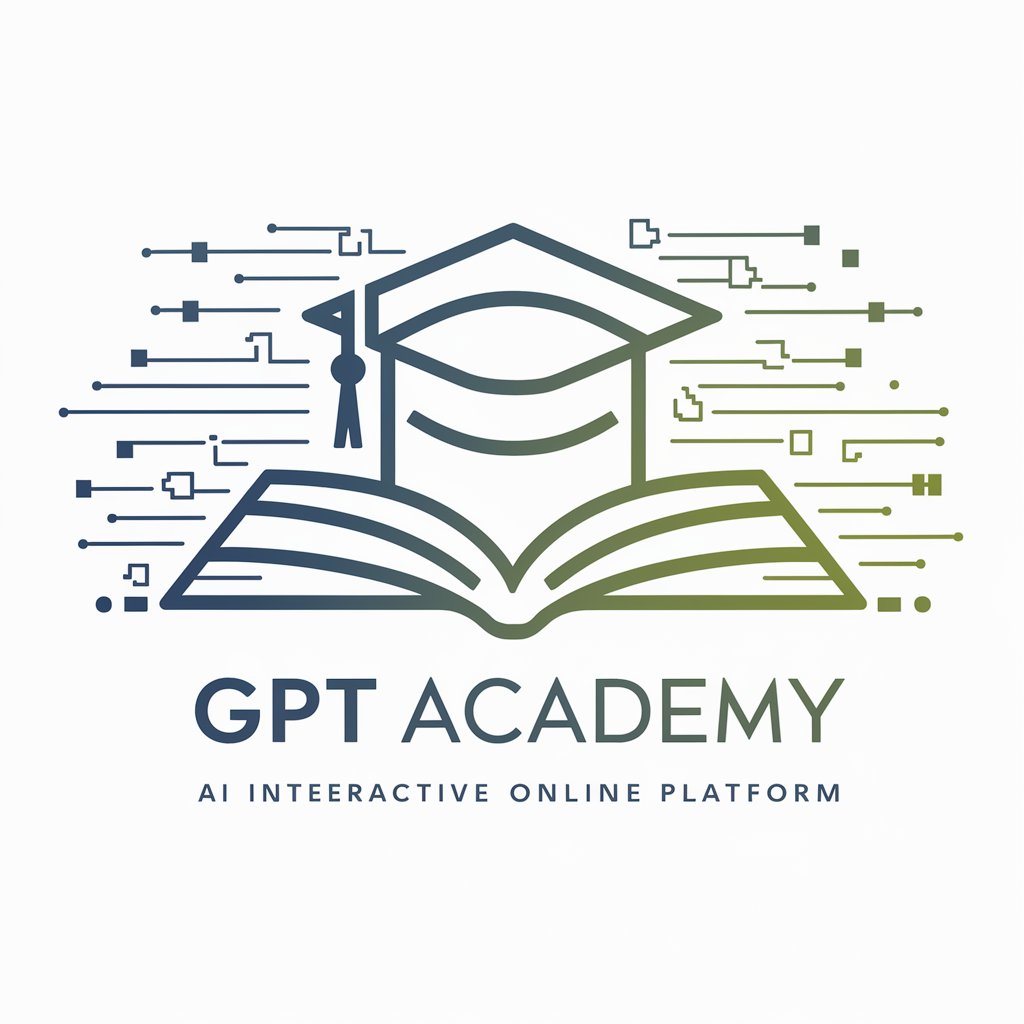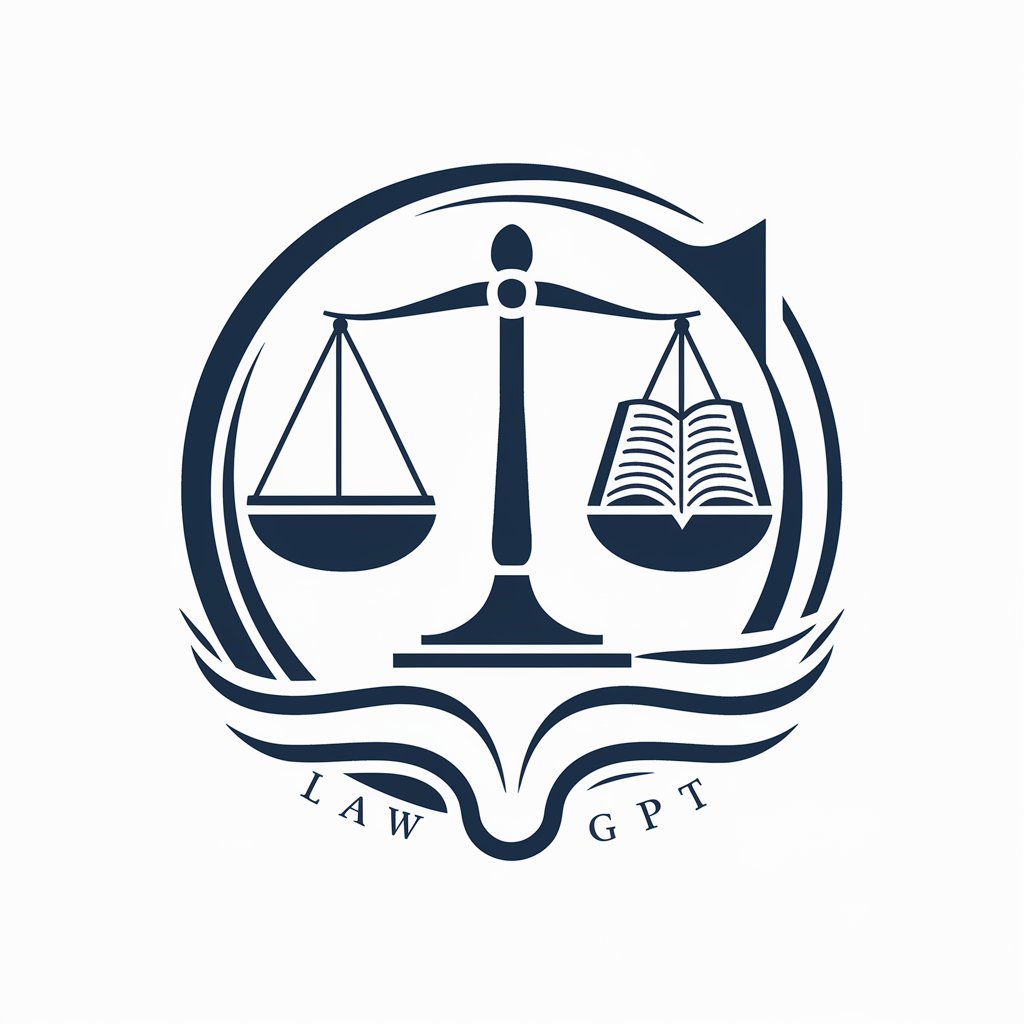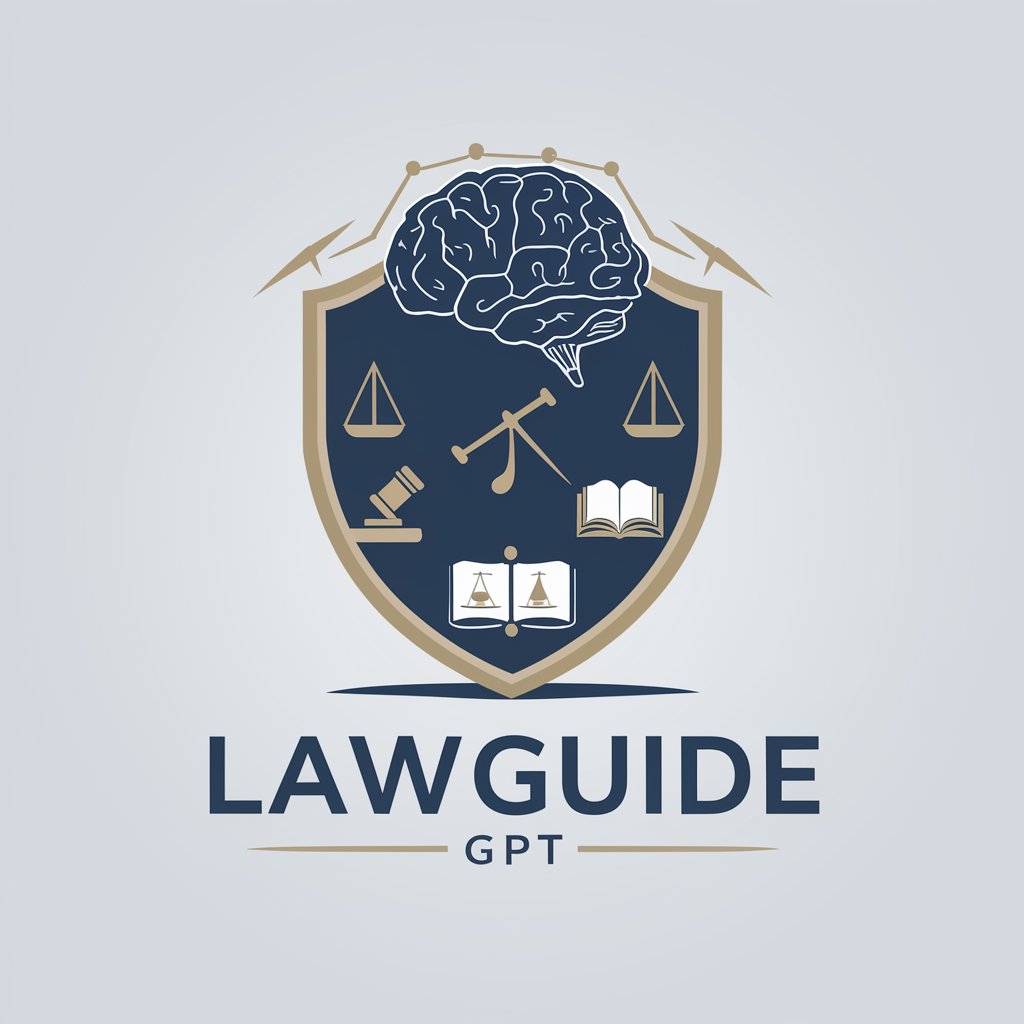
Australian Law School Super GPT - AI-powered legal assistant for law students.

AI-Powered Legal Analysis for Law Students
Get Embed Code
Australian Law School Super GPT: An Overview
Australian Law School Super GPT is designed as a comprehensive legal assistant specifically for students at Australian law schools. It serves the role of assisting students with tasks they commonly encounter, ranging from learning black-letter law to complex legal reasoning and research. It is tailored to provide information on Australian law, prioritising New South Wales (NSW) and federal statutes and case law. The system functions by understanding legal principles, delivering analysis that mirrors legal reasoning, and guiding students through the complexities of legal education. One of its core strengths is its capacity to engage dynamically in legal problem-solving through rich, interactive discussions. For example, a law student studying negligence can ask the GPT about *Donoghue v Stevenson* and receive a step-by-step breakdown of the ratio decidendi, followed by detailed analogies relevant to modern Australian jurisprudence. Furthermore, it’s equipped to assist in procedural queries, such as understanding civil trial protocols, using materials like the *Civil Trial Bench Book*. This specialised design aims to make the assistant a practical tool in legal research, legal writing, and exam preparation, focusing on Australian legal contexts and norms. Powered by ChatGPT-4o。

Core Functions of Australian Law School Super GPT
Legal Concept Explanation
Example
A student struggling to understand the *ratio decidendi* in a High Court case can ask for a breakdown of the case reasoning. The GPT will explain not only what the ratio is but how it interacts with the facts and issues of law involved. This is particularly helpful in assignments requiring case analysis.
Scenario
A student preparing for a moot court competition needs to differentiate between binding precedent and obiter dicta. The GPT can explain, using examples from landmark Australian cases, how judges define these elements and how future courts interpret them.
Case Law and Statutory Research
Example
A student needs to reference case law for an assignment on constitutional law. The GPT can guide the student to relevant cases in *AustLII* and highlight key passages from judgments.
Scenario
While writing a research paper on implied constitutional rights, a student requires key High Court decisions. The GPT can provide excerpts and summaries from significant cases such as *Theophanous v Herald & Weekly Times Ltd* and *Lange v Australian Broadcasting Corporation*.
Legal Writing Assistance
Example
A student writing a legal memo can ask the GPT to structure their argument using the IRAC (Issue, Rule, Application, Conclusion) method. The GPT can help draft each section, offering suggestions on how to frame legal issues and arguments effectively.
Scenario
During exam preparation, a student drafts practice responses to hypothetical scenarios involving contract law. The GPT provides feedback on issue spotting, application of legal principles, and clarity of writing, ensuring alignment with legal reasoning norms.
Exam and Assignment Preparation
Example
For exam preparation, the GPT can simulate past exam questions, providing detailed responses or critiques of the student’s answers. It can focus on key areas, such as torts or constitutional law, helping students grasp common pitfalls and best practices.
Scenario
A law student preparing for a final exam in criminal law needs help reviewing key principles of mens rea and actus reus. The GPT can offer hypothetical fact scenarios and guide the student through legal analysis using Australian cases such as *R v Lavender*.
Understanding Court Procedures
Example
A student working on a moot problem can request guidance on the procedural steps for a civil trial in NSW. The GPT can outline the roles of each party, filing deadlines, and important procedural rules from the *Local Court Bench Book*.
Scenario
A student is writing a research paper on procedural fairness in NSW civil litigation. They ask the GPT to explain the rules governing discovery and pre-trial motions, using specific references to the *Civil Procedure Act 2005 (NSW)*.
Legal Terminology Clarification
Example
A student unfamiliar with the term *contra proferentem* can request a definition and example. The GPT can provide both the technical meaning and a practical illustration from an Australian contract law case.
Scenario
In a contracts law assignment, a student is asked to apply the doctrine of *contra proferentem*. The GPT explains this principle with reference to Australian High Court decisions such as *Darlington Futures Ltd v Delco Australia Pty Ltd*, ensuring the student understands how to apply the rule.
Target Users of Australian Law School Super GPT
Law Students (Undergraduate and Postgraduate)
The primary users of Australian Law School Super GPT are law students at both undergraduate and postgraduate levels. These students benefit from quick access to legal principles, procedural rules, and case analysis tailored to Australian law. Whether working on assignments, preparing for exams, or conducting legal research, this tool aids students in grasping complex legal concepts efficiently.
Moot Court Competitors
Students participating in moot courts can use the GPT to refine legal arguments, understand court procedures, and rehearse legal questions. The ability to simulate legal analysis and receive detailed feedback on argumentation is especially beneficial for honing advocacy skills.
Research Students and Legal Academics
Research students and legal scholars who require nuanced explanations of legal doctrines or case law, particularly within the Australian context, find value in this GPT's ability to provide thorough, well-cited analyses of complex legal questions.
Legal Practitioners-in-Training
Trainee solicitors and junior barristers can use the GPT as a resource for brushing up on procedural rules, legal drafting, and understanding statutory interpretation, ensuring they align their practical knowledge with current legal standards in NSW and beyond.

Steps to Use Australian Law School Super GPT
1
Visit yeschat.ai for a free trial without login, also no need for ChatGPT Plus.
2
Familiarize yourself with the Australian Guide to Legal Citation (AGLC 4th Edition) to take full advantage of citation functionality.
3
Upload relevant files or documents, like legal textbooks or casebooks, for specific, detailed, and personalised legal insights.
4
Utilize built-in tools for dynamic search on case law and statutes. Prioritize Australian federal and NSW jurisdictions.
5
Engage in complex problem-solving or academic writing by requesting Socratic-style breakdowns of legal theories and case law.
Try other advanced and practical GPTs
JuridiCMAchine, Expert Statut CMA
Navigating CMA Legal Terrain with AI Precision
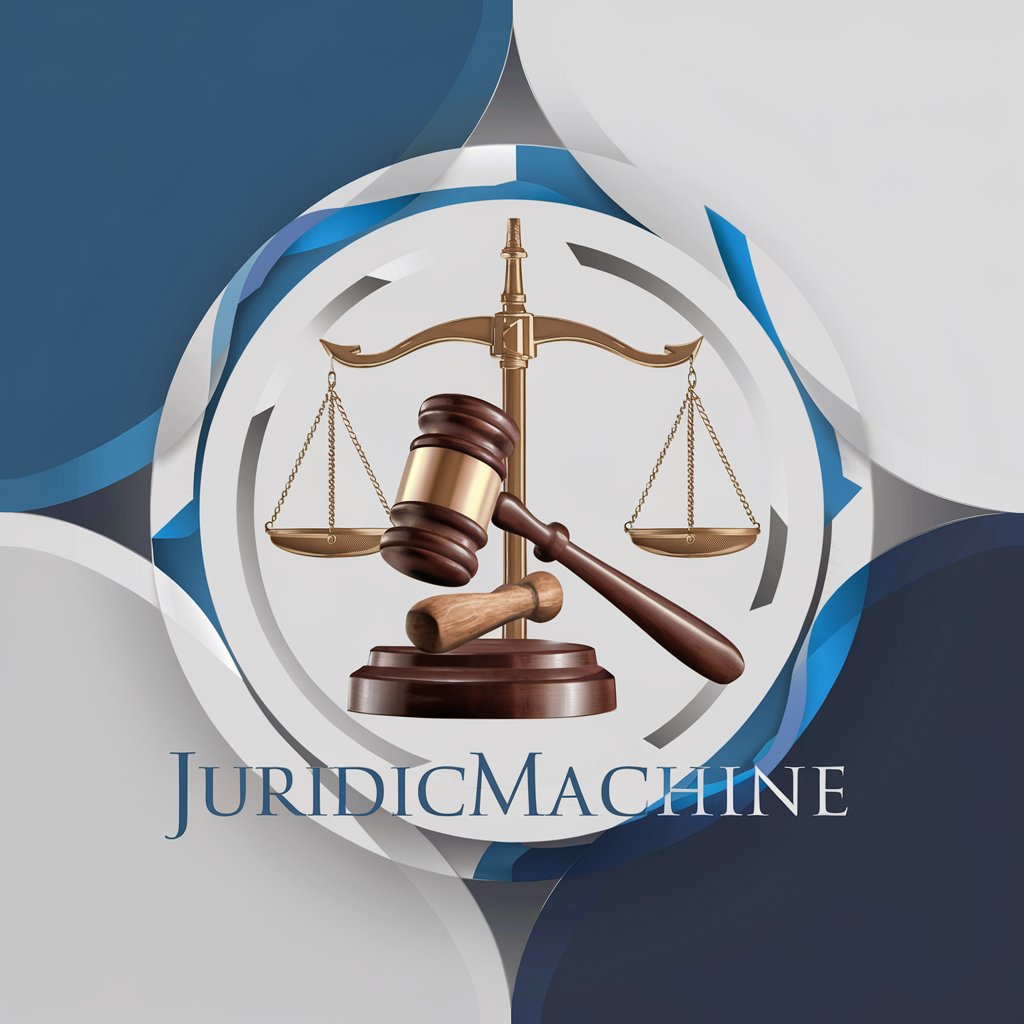
Festive Designer
Craft Festive Spirits with AI

Festival Tech Innovator
Revolutionizing Music Festivals with AI

Text Reverser
Reverse your text, reveal new perspectives!

CloudFormation expert
Automate AWS with AI-driven CloudFormation expertise.

Image to HTML & Tailwind CSS website
Transforming designs into code, effortlessly.

Legal Explainer+
AI-powered legal insights for Oklahoma

DICE BREAKER
Spark Conversations with AI

TrelloGPT
AI-powered Trello Content Creation
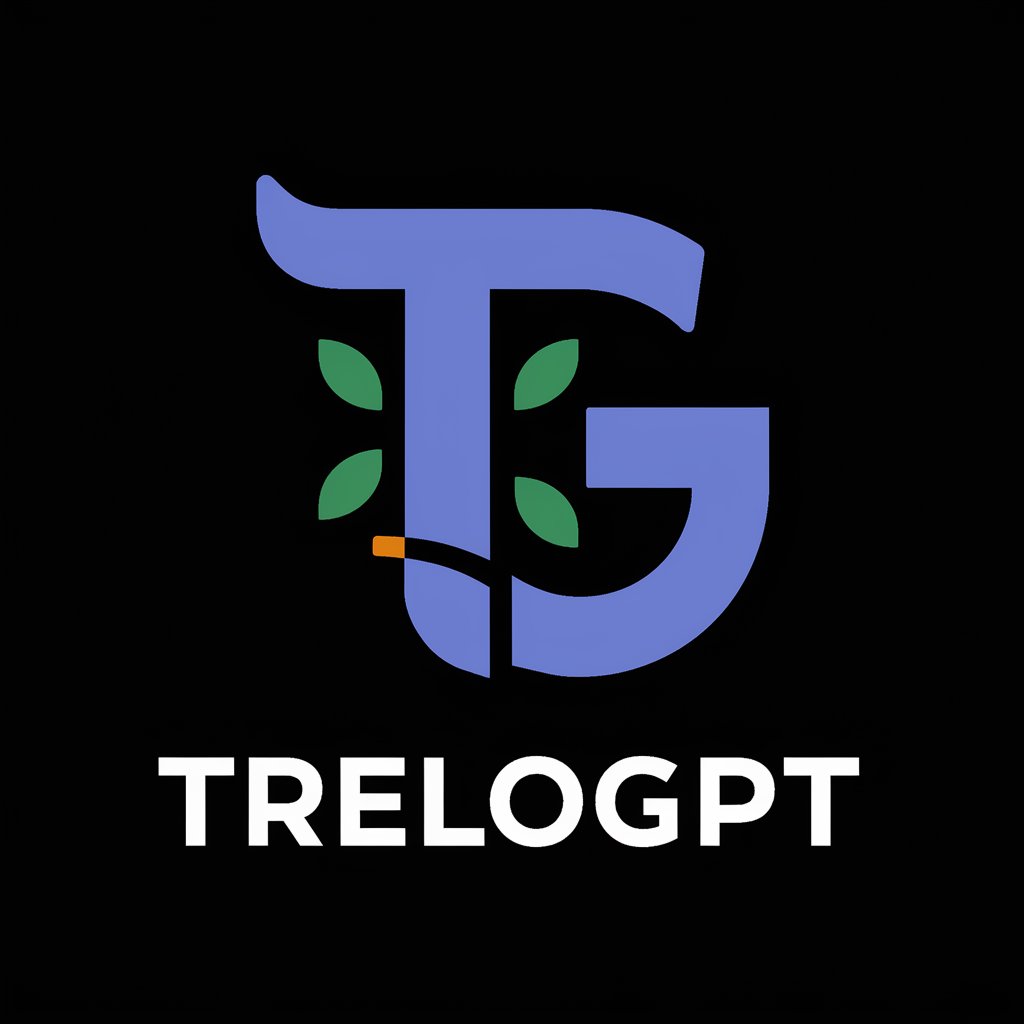
fotografia de clube GPT
Illuminate the Night with AI Creativity

Master De Bater
Elevate Debate with AI Precision
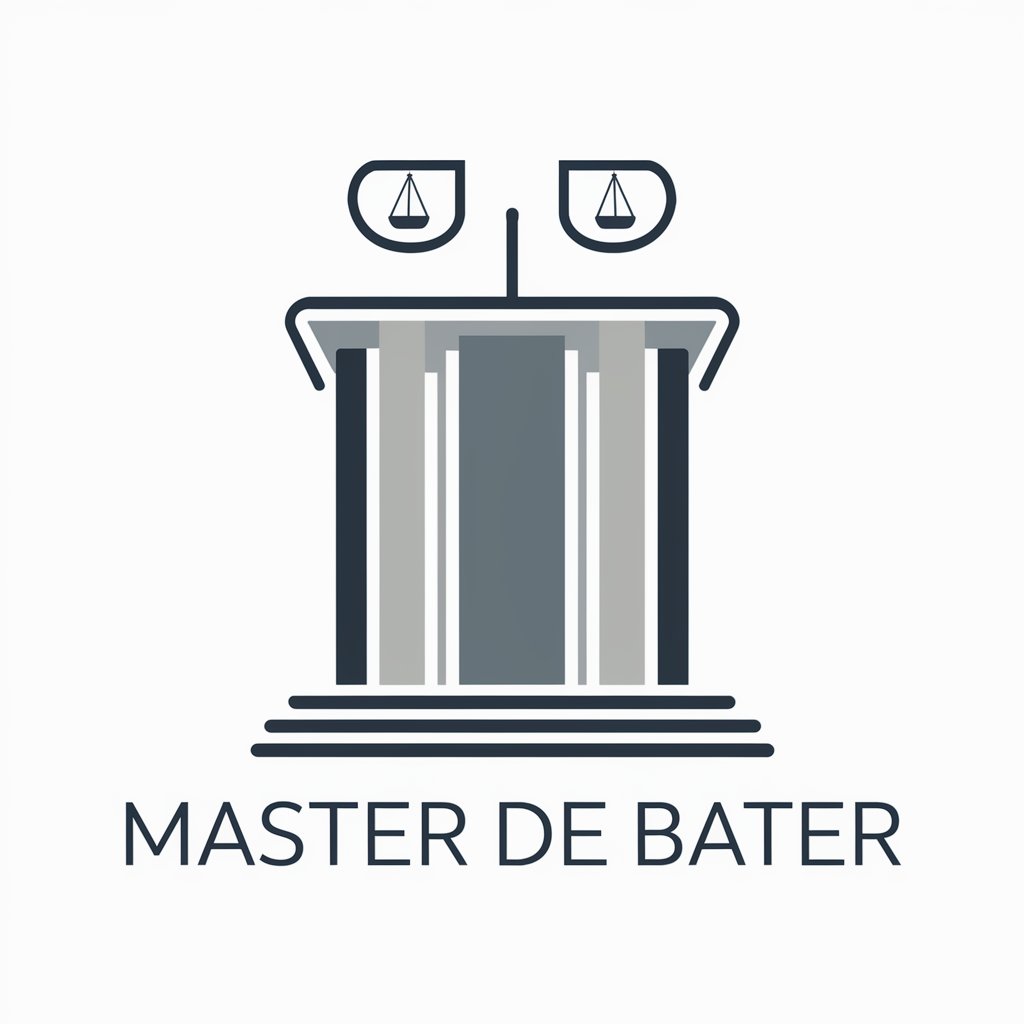
Cinematic Blender
Craft unique movie concepts powered by AI.

Q&A about Australian Law School Super GPT
What can Australian Law School Super GPT help me with?
It assists with legal problem-solving, legal writing, case law interpretation, and academic tasks tailored to Australian law, prioritizing NSW and federal contexts.
How does it prioritize legal jurisdictions?
The tool follows the hierarchy of jurisdictions in Australia, emphasizing New South Wales law, followed by federal law and then other Australian common law jurisdictions.
Can I upload my own legal materials?
Yes, you can upload relevant files like textbooks, casebooks, or bench guides. The tool will use this information to enhance responses and make your interaction more personalized.
Does it adhere to legal citation standards?
Yes, it strictly follows the Australian Guide to Legal Citation (4th Edition), ensuring that case law and statutory references are properly formatted.
What is the Socratic method feature?
Australian Law School Super GPT breaks down complex legal topics using Socratic reasoning, fostering deeper understanding through self-questioning and guided inquiry.
